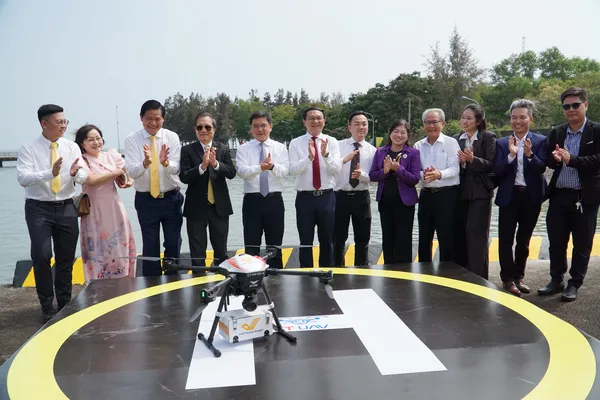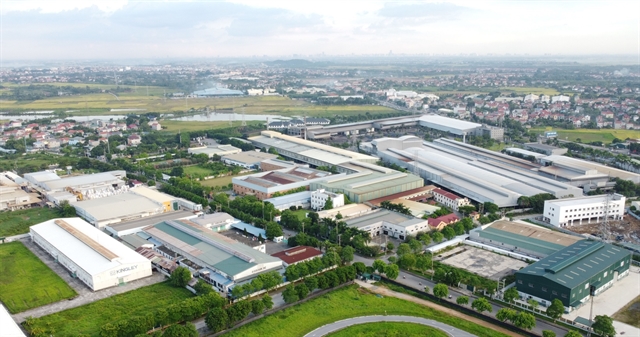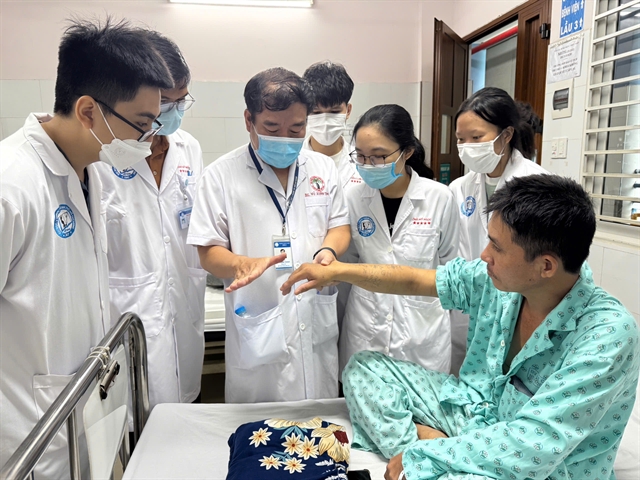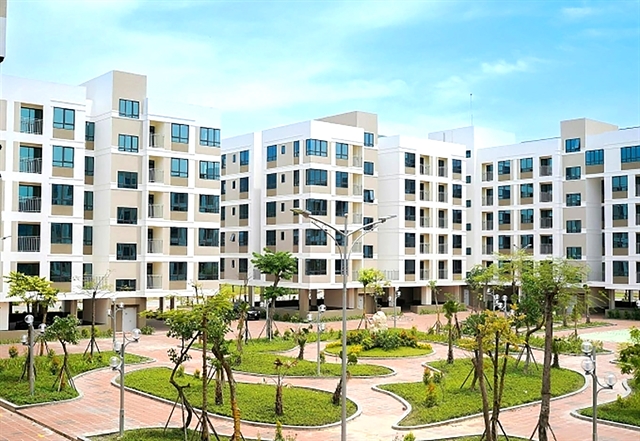 Society
Society
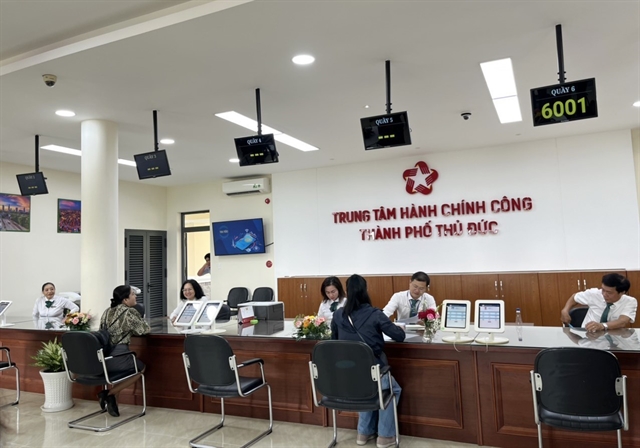
Việt Nam and the International Rice Research Institute (IRRI) hope to boost cooperation in developing genetic resources and choosing technology to improve rice quality, experts have said.
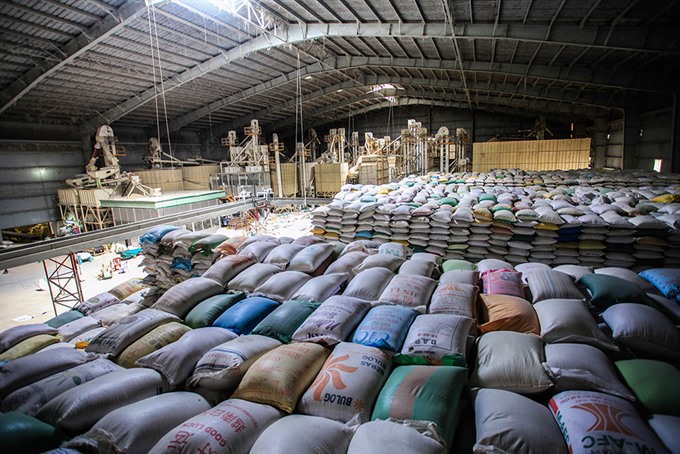 |
| Food processing and export enterprise Sơn Thuận in Kiên Giang Province frequently exports rice to markets in Ghana, as well as to Timor L’este and other countries in Southeast Asia. The enterprise owns four modern rice polishing lines with total capacity of 48,000 tonnes per year. - VNA/VNS Photo Trọng Đạt |
HÀ NỘI – Việt Nam and the International Rice Research Institute (IRRI) hope to boost cooperation in developing genetic resources and choosing technology to improve rice quality, experts have said.
The IRRI genebanks, wild rice introgression population, structured genetic population and breeding lines represent a critical resource for generating the critical traits and climate-smart varieties that Việt Nam needs to fulfill its vision, said Matthew Morell, IRRI director general.
He was speaking at a meeting with officials of the Ministry of Agriculture and Rural Development on rice production development held in Hà Nội on Friday.
“IRRI can assist partners in Viet Nam to minimise yield gap and decrease over-use of pesticide, fertiliser, water, labour and seeds,” Morell said, adding that IRRI studies could help the country reduce loss during rice harvesting, drying and processing and optimise the supply and quality of the product.
IRRI would work with farmers to facilitate their market access and higher returns through farmers’ cooperatives, branding strategies and providing market and trade information, Morell said.
Lê Quốc Doanh, deputy minister of Agriculture and Rural Development, thanked the IRRI for its assistance to Việt Nam since 1963, saying it had provided thousand of varieties to the country every year. In addition, thousands of researchers and scientists from Việt Nam have been trained or received support by the institute.
At the meeting, experts from domestic research institutes expressed hope of continued cooperation with IRRI in using genetic resources, personnel training and studies on post-harvest and intensive processing technologies as well as studies on rice markets, including China.
According to Lê Huy Hàm, Director of the Việt Nam Agriculture Genetic Institute, as one of five countries likely to be most affected by climate change, Việt Nam has a great demand for drought and salinity-resistant rice varieties.
Samarendu Mohanty, an economist from IRRI, said Việt Nam was facing stiff competition from Thailand and Cambodia in the world rice market. Thus, he said, the country should focus on establishing a base in the African market and increase market share in the American and European markets to deal with the competition.
Nguyễn Xuân Định, deputy head of Crop Production Department under the MARD, said the ministry had set forth a plan to restructure rice production by 2020, with a vision to 2030, in order to improve production effectiveness and raise the stake of Vietnamese rice on the global market. Specifically, the ministry would focus on setting up rice research programmes, renewing policies and enhancing capacity for rice trading enterprises and associations. — VNS

